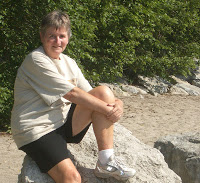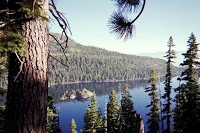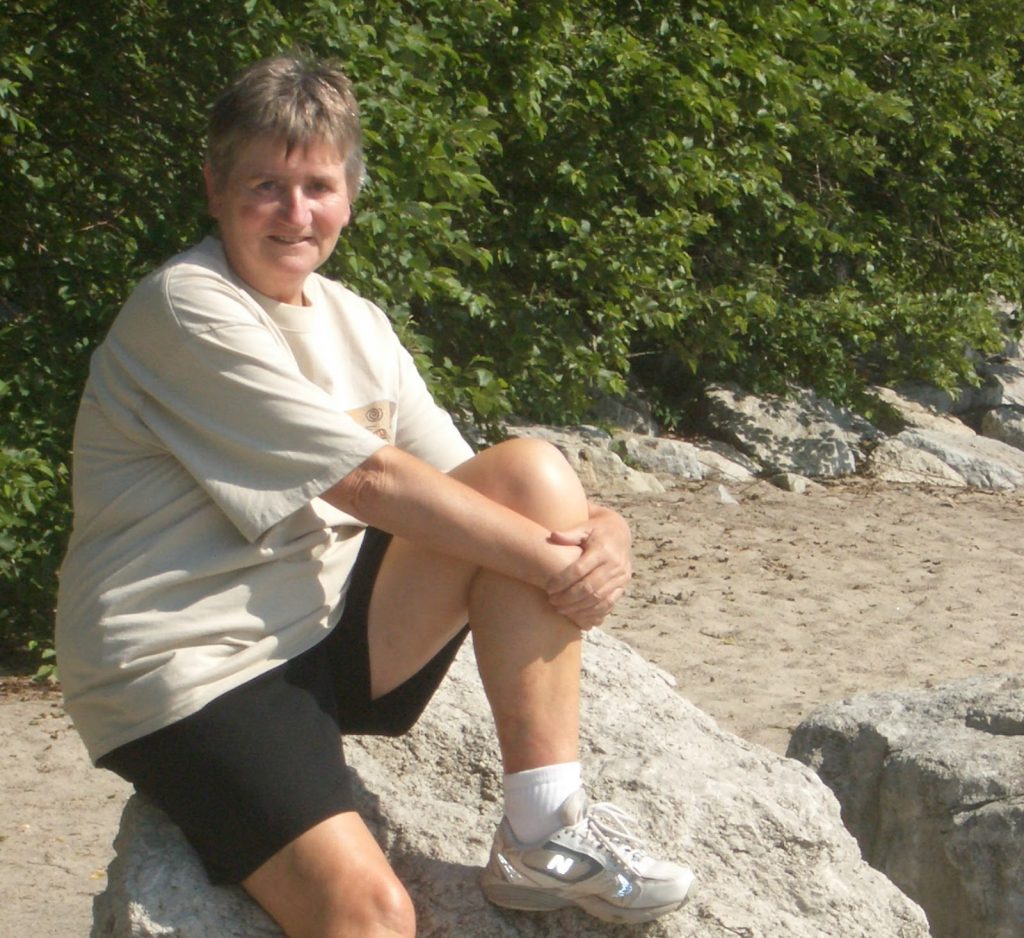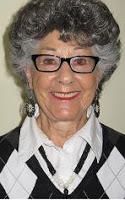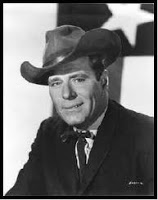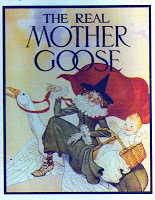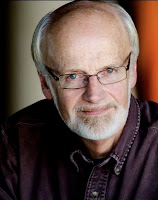Train whistle blowing, makes a sleepy
noise,
Underneath their blankets go all the girls and boys.
Heading from the station, out along the bay,
All bound for Morningtown, many miles away.
You may recognize those
lyrics, from the ‘50’s folksong Morningtown
Ride. What does Morningtown Ride have to do with Mother Goose? Well, I had a rough time with this week’s
prompt. I had to really reach. Mother Goose had nothing to do with my
childhood. She was just not a presence
in my earliest years. When I talk about
“earliest years,” I’m talking about really
earliest years: one, two, and three. As
best I can remember—and who can really remember those years?—there was no
Mother Goose, no nursery rhymes, no bedtime stories. I’m not saying my parents were remote or
ungiving, like “Let the kid lie in his crib and stare at the
ceiling.” Not at all. It’s just that storytelling wasn’t my
parents’ “thing.”
Early childhood memories are
notoriously uncertain. I’ve tried many
times to reach back and remember my earliest true, verifiable, trustworthy
memory, not looking for Mother Goose but for the first flicker of
self-awareness, like a movie screen coming to life. We’ve all done this. It’s tough.
The best I’ve been able to
do is light up a day when I was four. My
fourth birthday, as best I can tell. I remember
a gift, and it seems it was a birthday gift: a toy truck, yellow and blue plastic,
and I remember playing with this truck on the living room carpet of our
second-floor apartment in the East Bronx. I remember the room being filled with
sunlight. Mine happens to be a February
birthday, so I’m guessing if this is a true memory, and it was my fourth
birthday, and if I had I looked out the window I’d have seen The Bronx in deep snow–the
way winters were back then.
I’m reasonably sure there
were no bedtime stories around the time of this fourth birthday. There was certainly no Mother Goose. But what about the years before: Years One,
Two, and Three? Might my parents have
slipped in a little Baa, Baa, Black Sheep or I’m a Little Teapot during those
earliest veiled years? Who’s to say? Those years are forever irretrievable, unknowable. Annus
incognita, the old maps would have said.
The best I can do is
introduce circumstantial evidence. My
parents were not big readers. It’s
highly unlikely they would have been storytellers. Anecdotes and jokes among adults, yes, but
bedtime storytelling? Highly
unlikely. My father went straight to the
back pages of the New York Daily News to see how he might best place a few
bucks on horses at Aqueduct and Belmont.
My mother read the supermarket magazine, Woman’s Day. Throw in a once-over of the Sunday church
bulletin. That was it around my house. More circumstantial evidence? When I was old enough to be prowling about
and looking for stuff to read, I found no Golden Books of children’s literature,
no Beatrix Potter, no Brothers Grimm.
Slipping the time machine
into Forward gear, let’s hop ahead ten years, to when I’m fourteen, to when Morningtown Ride is just about to enter
the picture . . .
In spite of not having been
read to, I filled those ten years with books.
I was a self-made reader. Where
the inclination came from, I have no idea.
Ours was a family of four. My
father and mother, as I’ve already said, were limited readers. My brother, fourteen years older than me, was
an athlete, and his athleticism was all consuming. He was even less of a reader than my parents.
Me, the reader, was also me,
the shut-away loner. My kingdom was my
bedroom. How it came to be that I
dreaded being made to play outdoors with the boys in the street, I don’t know. But that’s how it was. That’s how I was. I’d come home from P.S. 71 and shut my
door. Weekends, too, except for meals,
I’d stay in my room. I had a beat-up
Smith Corona typewriter I was using to pound out my first great novel–although
I never made much headway: I kept typing Page 1 over and over. I did have a treasure in travel books
(wrangled from a favorite uncle, but that’s another story): Richard
Haliburton’s Complete Book of Marvels,
Beryl Markham’s West with the Night, Heinrich
Harrer’s Seven Years in Tibet, Charles
Doughty’s Travels In Arabia Desert and
so on. I was happy in my room. My second-floor cave. Through double-pane windows I would hear the
shouts of the boys in the street, but I didn’t care. I was safe.
Apart. Unthreatened.
But–and this is the odd
part–I was also unhappy. Although I
kept my unhappiness a secret, I had arrived at the point where I didn’t want this
loner existence to be the sum total of my life–the be all and end all.
Cue: Morningtown Ride . . .
Slipping in to join the
books and the Smith Corona–thanks to a favorite aunt, wife of the favorite
uncle–came a Phonola High Fidelity Record Player, breadbox-size, portable, tan
& cream, a second speaker in the detachable lid; on the face of it the only
three knobs you would ever really need: base, treble, and loudness.
Along with the Phonola came
an assortment of records, mostly singles, 45 rpm. One of the singles happened to be by a
singer/songwriter Malvina Reynolds: Morningtown
Ride. I listened to it. It was definitely juvenile stuff. I listened to it again. And again.
And again, until it took up (I later realized) permanent residence in my
brain.
Train whistle blowing, makes a sleepy
noise,
Underneath their blankets go all the girls and boys.
Heading from the station, out along the bay,
All bound for Morningtown, many miles away.
Sarah’s at the engine, Tony rings the
bell,
John swings the lantern to show that all is well.
Rocking, rolling, riding, out along the bay,
All bound for Morningtown, many miles away.
Maybe it is raining where our train will
ride,
But all the little travelers are snug and warm inside.
Somewhere there is sunshine, somewhere there is day,
Somewhere there is Morningtown, many miles away.
Years later I heard Malvina
Reynolds on the radio, when Morningtown
Ride recorded by the Australian group The Seekers had become a surprise
hit. Reynolds said, “I know youngsters
hate to go to bed at night because it seems like, as far as they’re concerned,
it is the end of the world. Going to sleep means you are going to be cut off
from everything, and I wanted to help them understand that they were heading
somewhere, when they got into bed, that they were heading for morning.”
At fourteen, naturally, I didn’t
think going to bed meant the end of the world.
I wanted to travel, to get out of my room, and not to be “cut off
from everything.” I didn’t want the
alternative to be having to join the boys in the street. I wanted an alternative that was right for me,
something that was me, something that told me I was “heading
somewhere.” Until it appeared, I’d hang
on to my apartness, to remain “snug and warm inside.”
So, this silly little song,
perhaps in the shock of my being exposed for the first time to the innocence–and
wisdom–of a nursery rhyme, assured me . . .
. . . somewhere there is sunshine,
somewhere there is day . . .
A silly little song that
was–and remains–my foster Mother Goose.
About the Author
Colin
Dale couldn’t be happier to be involved again at the Center. Nearly three decades ago, Colin was both a
volunteer and board member with the old Gay and Lesbian Community Center. Then and since he has been an actor and
director in Colorado regional theatre.
Old enough to report his many stage roles as “countless,” Colin
lists among his favorite Sir Bonington in The
Doctor’s Dilemma at Germinal Stage, George in Who’s Afraid of Virginia Woolf? and Colonel Kincaid in The Oldest Living Graduate, both at
RiverTree Theatre, Ralph Nickleby in The
Life and Adventures of Nicholas Nickleby with Compass Theatre, and most
recently, Grandfather in Ragtime at
the Arvada Center. For the past 17
years, Colin worked as an actor and administrator with Boulder’s Colorado
Shakespeare Festival. Largely retired
from acting, Colin has shifted his creative energies to writing–plays, travel,
and memoir.
